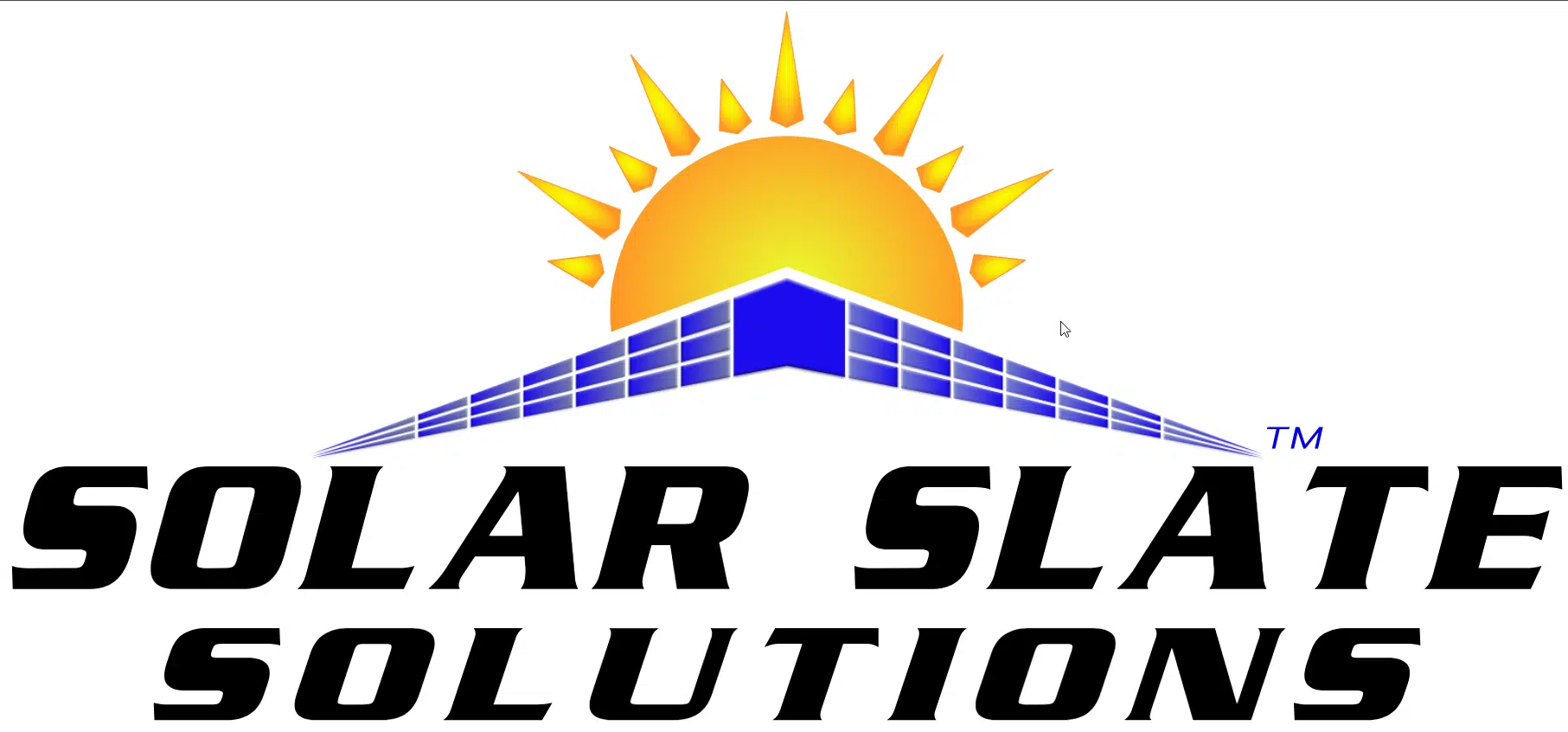There’s no doubt about it – electric vehicles are receiving a lot of enthusiastic support. Because hybrid and electric cars use less fossil fuels and create less emissions, they’re better for the environment. Global uncertainty and inflationary forces have led to the cost of oil steadily rising, which makes operating an electric car the much more affordable option.
This all supposes, of course, a robust and reliable power grid capable of supporting the increased demand involved in keeping those electric cars charged. What happens when there’s an extreme weather event or equipment failure and the power goes out in a region for a prolonged period of time?
Does your community currently have the equipment in place to help keep everyone’s car running in case of prolonged power outage, natural disaster, or other emergency? Most don’t. This is the type of situation where having an independent power supply makes sense. Generators are one option for many people, although there’s something very ironic about needing to put gas in your generator to charge up your electric car. A greener option – and the option that also allows for your family home to be safe, warm, and comfortable – is to have a solar system installed on your home.
Having your own solar energy means always being able to charge your car.
Is Solar an Option for My Home?
You may be curious about whether your home is ideal for solar installation. The best way to find out is to consult with an industry professional, who can do a site assessment and talk about your solar installation options.
That being said, let’s cover many common misconceptions. Yes, you can have solar installed on a manufactured home. Yes, you can have solar installed on a business or commercial property. Yes, you can have solar installed on properties you rent or lease to other people. Yes, you can have solar installed on homes with a slate roof.
